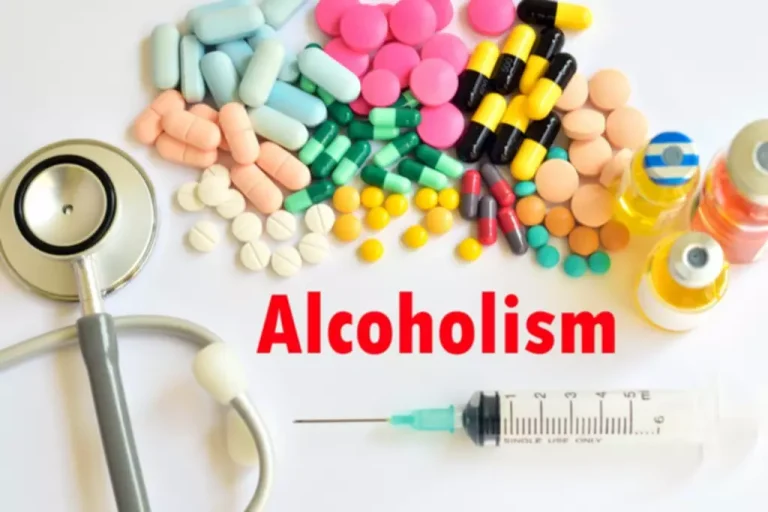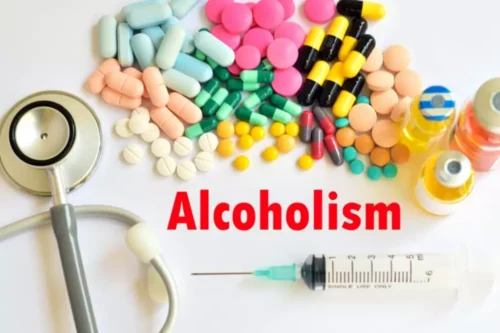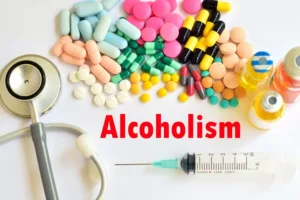
Several types of professional programs and levels of addiction services can treat alcohol use disorder, ensuring your loved one can seek one out that best fits their needs and lifestyle. While 12-step programs and inpatient rehabilitation are standard options, thanks to years of research, everyone can find a solution to help them reach sobriety. If you’ve begun hiding how much and how frequently you drink from your partner, drinking has become a significant aspect of your relationship. If you feel the need to be dishonest about your drinking, you may want to ask yourself why.
Analytic Strategy: The Actor-Partner Interdependence Model
- Excessive (binge) drinking is defined as four or more drinks on a single occasion for women and five or more drinks on a single occasion for men.
- Education provides insight into the effects of substances on the brain and behavior, helping family members approach the issue from an informed and non-judgmental perspective.
- It is interesting that the two-way interaction between drinking problems and PPP was not significant in predicting satisfaction.
- Understanding these changes in behavior and dynamics is essential for addressing the impact of alcohol on relationships.
If you have concerns about your relationship with alcohol, you might be wondering how to modify your drinking without stopping completely. Here’s a snapshot of just a few organizations that may offer valuable support for families dealing with the effects of alcoholism. This doesn’t necessarily mean that we should avoid alcohol completely of course, but it is important to understand how alcohol can affect us and our relationships with those around us, and the benefits of cutting down or going alcohol-free. If you drink every day, or almost every day, you might notice that you catch colds, flu or other illnesses more frequently than people who don’t drink.
Types Of Substance Abuse: The Different Forms of Addiction
It can affect communication, emotional intimacy, conflict resolution, behavior and dynamics, as well as trust and infidelity. Recognizing these effects and actively working to address them is essential for maintaining healthy and fulfilling relationships. By prioritizing open communication, seeking professional help when needed, and establishing healthy boundaries, couples can work towards addressing and navigating the challenges that arise when alcohol impacts and alters relationships.
Understanding the Risks of Alcohol

Chronic alcohol use raises your risk for health problems, including heart disease, liver disease, cancer, and mental health disorders. Most people know that drinking too much can harm your mental and physical health. But alcohol abuse can also hurt the relationships you hold dearest to you—especially the connection between you and your romantic partner. When your drinking causes blackouts, memory loss or sickness, it can significantly impact intimate activities.
Often the oldest child, the hero takes on a perfectionistic role, trying to make the family appear functional and successful. The caretaker, or enabler, is responsible for shielding the addicted person from the consequences of their actions. They may make excuses, cover up for them, or assume additional household duties to keep the peace. While this role is often motivated by a desire to protect the loved one, it can inadvertently enable the addiction by removing accountability. When a family member struggles with addiction, loved ones often unconsciously adopt specific roles as a means of coping with the ongoing challenges and disruptions. These roles develop as family members attempt to restore balance and stability in their lives.


In general, someone who is a “problem drinker” doesn’t necessarily need medical treatment, intervention, or peer group support to quit. For men, moderate drinking is defined as consuming up to two drinks per day, and for women, it’s up to one drink per day. You can expect to answer questions about the number of times you drink alcohol in a week, if you’ve ever tried to quit drinking, how you deal with cravings, how you feel after drinking, and more. If the results indicate any issues, it might be time to ask yourself about the role alcohol plays in your life. Just as treatment is available for alcohol misuse, treatment is also available for codependency and has been proven effective.
- A summary of the effects of alcohol on important appetite hormones and central neurological pathways in humans can be found in Table 2.
- Examples include not providing financial support for substance use, refusing to lie or cover up harmful behaviors, and setting clear limits on acceptable behavior at home.
- Many individuals with alcohol addiction need external treatment and supports to find sobriety and address harm that may be related to alcohol and relationships in their life.
- But when you ingest too much alcohol for your liver to process in a timely manner, a buildup of toxic substances begins to take a toll on your liver.
- Because alcohol heightens emotions and makes it harder to read emotional cues from others, it’s more likely that drinking will magnify feelings of jealousy.
Family Roles in Response to Addiction
Ideally, the investigation would involve collecting data on alcohol consumption frequency over the past alcohol effects on relationships year along with the corresponding number of hospital visits/psychiatric consultations resulting from it. This would require additional research to better elucidate these causal relationships. Secondly, given the social attribute of alcohol consumption frequency, we are unable to determine whether a particular instance of alcohol consumption in the NHANES database was consumed alone or in a group setting. Thirdly, due to the limitations of the data included in the database, assessing alcohol consumption frequency solely based on the number of days alcohol is consumed is inadequate.
They may lie to their partner or family about where they are, who they spend their time with and what they did during the day. As the addiction progresses, they may devise more elaborate excuses to hide their drinking problems. A friend or partner may constantly hear reasons for being late, disappearing or mood swings. Participating in support group meetings helps reinforce positive behaviors and offers a platform to share experiences and solutions. Building a strong support network reassures that the recovery journey is not a solitary path, enabling both personal growth and relationship repair. Treatment options can include individual therapy, family counseling, and couples therapy.
For instance, a person who is intoxicated may spend more money than planned at a bar. As a result, the time, effort, and resources formerly dedicated to life-sustaining activities, such as working and spending time with the family, are disrupted. You can learn more about your treatment options when you contact American Addiction Centers at . Our team of admissions navigators can answer any questions you have about treatment, help you find an addiction treatment center, and verify your insurance. They can also share information about facilities including Desert Hope Treatment Center, Greenhouse Treatment Center, River Oaks Treatment Center, and other facilities that can offer care and specialized treatment.
